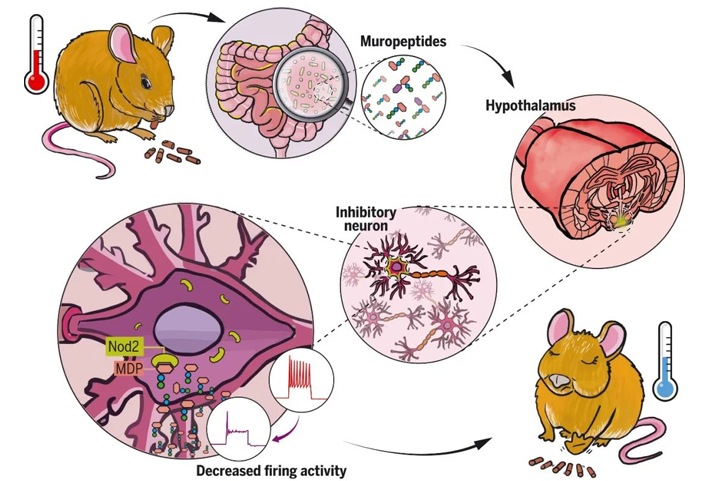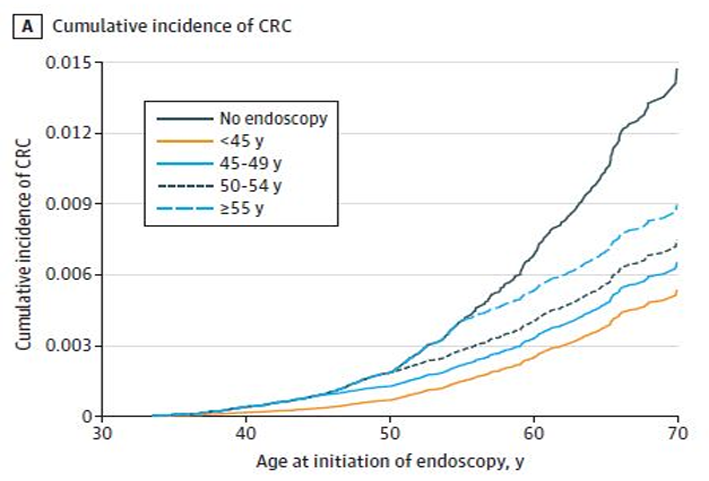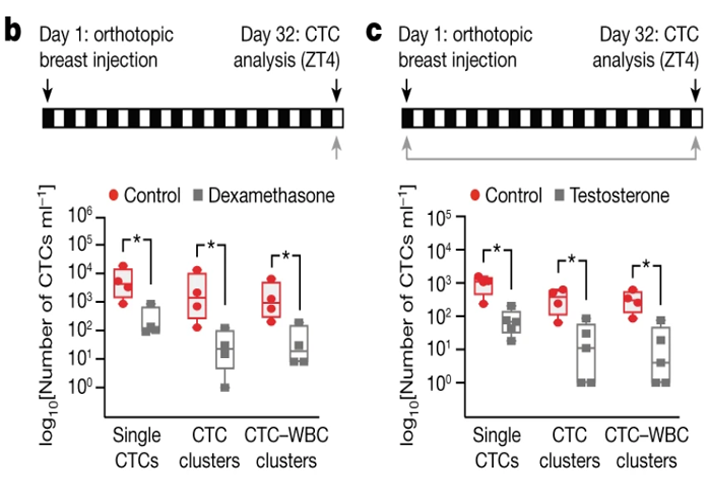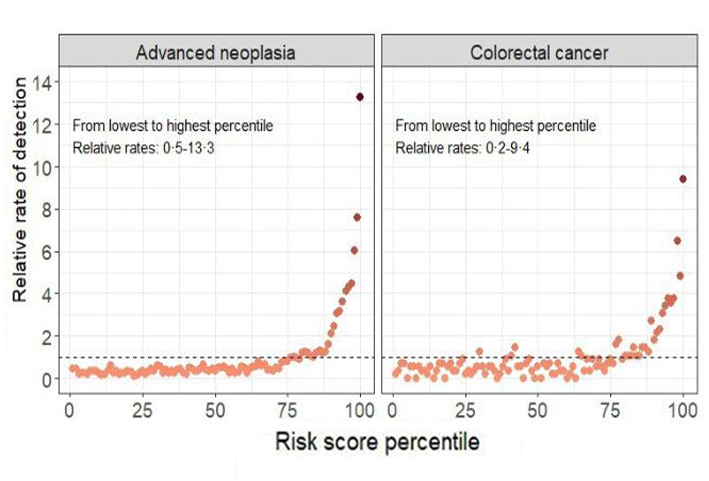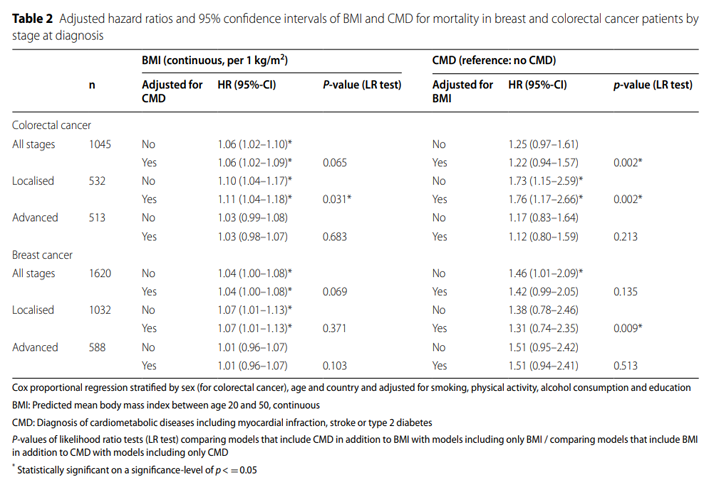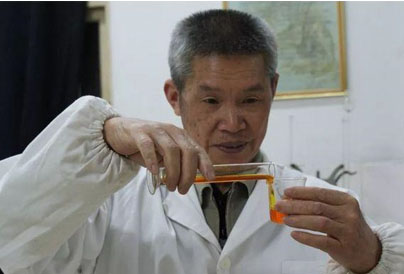When referring to various cancer treatment schemes, we often say that surgery is still the only recognized treatment that can cure cancer.
For early cancer patients, being able to undergo surgery means that they have the opportunity to completely get rid of cancer. But in such a description, we still use the adjective "have a chance" - not all patients undergoing surgery can get the best and completely get rid of cancer.
For example, breast cancer is the highest cancer in the world. It is also one of the highest cure rates. According to the SEER database, the 5 year survival rate of breast cancer increased from 75% in 1975 to 90% in 2017. However, the recurrence rate of breast cancer is still about 30%, and the recurrence is usually accompanied by distant metastasis, and the prognosis of patients is even worse.

So, in order to avoid recurrence and strangle the danger in the cradle, what points should patients pay attention to?
After the operation, why does cancer relapse
There are three main reasons for cancer recurrence:
① Incomplete clearance of lesions or cancer cells during treatment
Surgery can remove the cancer cells that have formed solid lesions. Postoperative radiotherapy and chemotherapy can target the mature cancer cells, but some cancer cells still infiltrate into the surrounding parts or lymph nodes, or colonize other parts of the patient's body with blood, which can not be removed by surgery, or even can not be found by routine imaging examination. Some immature cancer cells are dormant, do not divide, and cannot be removed by radiotherapy and chemotherapy, which is also one of the important reasons for the long-term recurrence of cancer.
Clinical statistics show that in China, the risk of recurrence and metastasis of malignant tumor patients within half a year is about 69%, especially within 3 months after treatment. Overall, patients have the highest risk of recurrence within 2 years, and another part of recurrence occurs within 2 ~ 5 years after treatment. The risk of recurrence after 5 years is relatively small, but it is also close to 10%. Cases of recurrence are still found long after clinical cure or even 20 years later.
② Patients with low autoimmune function
Whether surgery or radiotherapy or chemotherapy, it is a major trauma to the patient's body and affects the function of the patient's overall immune system. While killing cancer cells, chemotherapy will also kill dividing immune cells, resulting in adverse reactions such as leucopenia, leading to the decline of patients' immune function.
Patients with decreased autoimmune function will be more difficult to remove residual cancer cells, and the probability of recurrence and metastasis in the long term is higher.
③ The disease is highly malignant
The higher the malignant degree of the tumor, the worse the prognosis. At the same time, the more likely it is to develop resistance to chemotherapy drugs, and the more likely it is to relapse and metastasis. Some cancer patients have metastases at the time of diagnosis, which can not be cured by surgery, and are easy to relapse after treatment.
What are the manifestations of cancer recurrence and metastasis
When in situ recurrence occurs, the patient may observe tumor lesions similar to those at the primary site. Breast cancer itself is a cancer that can be easily recrudesce. For patients with breast cancer and especially ductal carcinoma in situ, if the resection is not complete and the adjuvant therapy is not enough, the local recurrence rate is about 25%~30%.
When bone metastasis occurs, patients usually have symptoms such as bone pain and pathological fracture, especially in pelvis, spine and other parts.
When pulmonary metastasis occurs, the patient may cough, suffocate, have difficulty breathing or even cough up blood without pulmonary or respiratory tract infection. Pulmonary nodules and other manifestations can also be observed in imaging examination.
In case of brain metastasis, patients may have symptoms such as blurred vision, nausea and vomiting, and brain edema in severe cases.
In terms of imaging and laboratory examination, in addition to the high rise of lesions and tumor markers, the increase in the number of CTC can be found through the examination of circulating tumor cells (CTC), suggesting that the tumor control effect of patients is poor after treatment, and more free cancer cells exist in the blood.
How to prevent recurrence after cancer surgery
01. Standardized follow-up and monitoring
For cancer patients, one of the most important means to prevent recurrence is regular follow-up. According to the consensus put forward in the guideline and standard for breast cancer treatment in the 2019 edition of China Cancer Association, breast cancer patients should be followed up once every 3 months within 2 years after operation. Every 6 months after 3~5, they should be followed up once every 5 months.
More and more clinical evidence shows that 3 years after breast cancer surgery is a high incidence of recurrence and metastasis, accounting for about 80% of the total recurrence. A few cases occurred in 3~5 years after operation, accounting for 10%. If there is no recurrence in more than 5 years, the possibility of recurrence is very small. Therefore, for breast cancer patients, follow-up after 5 years is very important.
02. Adjuvant therapy
For early, limited and other breast cancer patients who can be operated on, FDA suggests that patients who are eligible should receive radiation therapy or systemic therapy after surgery to consolidate the efficacy, remove the involved cancer cells and reduce the risk of cancer recurrence.
03. Improve immune function
One of the main functions of the human immune system is to identify and kill foreign bodies, such as viruses, bacteria, parasites, pollutants and other non self substances. This is accomplished by immune cells by identifying specific markers on the surface of foreign bodies. Cancer cells behave abnormally, so the immune system has the ability to recognize them as foreign bodies and kill them.
The immune function of tumor patients is in an abnormal state, and surgery, radiotherapy and chemotherapy will cause certain damage to the immune function of human body. After clinical treatment, adjusting the immune function as soon as possible is the top priority to prevent recurrence and metastasis. If the patient's postoperative immune surveillance function is low, it is likely that scattered tumor cells existing in the blood or other parts of the body will not be found, which will eventually lead to recurrence, and the previous treatment will be "wasted".
In addition to regulating their own immunity through daily diet and exercise, cellular immunotherapy is also one of the "fast and good" ways for patients to improve their immunity. At present, a variety of cellular immunotherapies have been published in clinic, and good achievements have been made in clinical research.
04. Pay attention to the risk factors of recurrence
A meta-analysis published in the Journal CMAJ analyzed and compared the effects of various risk factors on the prognosis of patients with breast cancer. Some of the risk factors can be described as "wake-up call" for patients after breast cancer surgery.

① Weight
Most breast cancer patients gain weight during active treatment and after treatment, rather than people think of weight loss. According to the report, the average weight gain of patients is 2.5 ~ 5.0 kg, and it is not uncommon to increase more than 10 kg. The reasons include stress diet, reduced exercise due to fatigue or treatment-related adverse reactions, use of hormone drugs, etc.
The report points out that for patients whose original weight is close to normal (BMI is close to normal), 10% weight gain is an important factor affecting mortality.
② Movement
Many studies have pointed out that the mortality of patients who adhere to exercise is significantly lower than that of patients who do not exercise. These "Sports" do not necessarily refer to sweating exercises, such as yoga, jogging, fast walking, Taijiquan, and so on, which can help to improve the prognosis of patients with breast cancer.
③ Diet structure
Too much fat food (such as fat) and carbohydrates (including rice, flour and other starchy foods and sugar) will significantly affect the hormone levels of patients, thereby affecting the prognosis of breast cancer. After dietary intervention, the prognosis of patients was significantly improved - and dietary intervention can significantly reduce the patient's weight.
It is worth mentioning that there is no evidence that bean foods (such as soybeans) can increase the recurrence rate of breast cancer. On the contrary, soy products rich in isoflavones such as soybeans, tofu and weizeng soup have certain anti-cancer effects.
④ Alcohol and tobacco
The mortality of patients who continued smoking after diagnosis was significantly higher than that of patients who never smoked; Patients who drank a lot of alcohol every day (> 20 g / D) had higher mortality. Among estrogen receptor positive patients, those who drank more than one cup a day had a 28% increased risk of recurrence than those who did not drink or drank less than one cup.
05. Keep a good attitude and live a happy life
The human body is an organic whole, and negative emotions often affect health. Tension, anxiety, fear, depression and other adverse emotions are reflected in the body, which is likely to affect the hormone level and immune function of the human body. If the spirit of cancer patients in the postoperative rehabilitation period is shrouded in negative emotions for a long time, the immune function of the body decreases and the hormone level is disordered, which is very unfavorable to the rehabilitation of the disease.
One of the most important ways to maintain a good attitude is to understand your disease. Only by knowing about cancer and the many advances in clinical treatment of cancer, can we strengthen the confidence of anti-cancer and make the right choice when receiving treatment.
Appropriate social activities and sports can effectively improve people's mentality, and family support is even more timely for a cancer patient. As a cancer patient said on his own experience: "in the face of cancer, who can build up the belief of victory, follow the scientific prevention and treatment principles, cooperate closely with the doctors, strive to adapt to the new environment, cultivate interests and hobbies in the surrounding things, and fight the disease tenaciously, who can get the hope of survival and rehabilitation."
Finally, I hope the patients can strengthen their confidence and determination to fight cancer and open the door to long-term survival for themselves!
Source: globecancer
http://www.globecancer.com/azzx/show.php?itemid=14804


